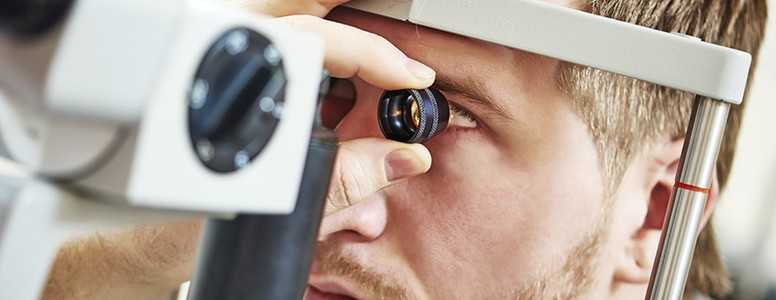The drug Lucentis (ranibizumab) has been approved in the US to treat all forms of diabetic retinopathy, it has been announced.
Previously the US Food and Drug Administration (FDA) had approved Lucentis, a monthly injectio, in people with diabetic macular edema (DME). This approval was given in the UK in 2013.
But this new decision means Lucentis can now be used in the US to manage diabetic retinopathy in patients with or without DME.
“Diabetic retinopathy is the leading cause of vision loss among working-aged adults in the US between the ages of 20 and 74. We are very pleased that Lucentis is now FDA-approved to treat retinopathy in people with and without DME,” said Sandra Horning, Chief Medical Officer and Head Global Product Development at Genentech, the developers of Lucentis.
Diabetic retinopathy is the most common form of diabetic eye disease, which develops when the back of the eye becomes damaged by prolonged high blood sugar levels over time.
Laser surgery is the primary treatment used for the condition, which helps to prevent new blood vessel growth and improve the nutrient and oxygen supply to the retina.
The FDA’s new approval for Lucentis follows the results of a study in which the drug was compared to laser surgery.
More than 300 people were involved as Lucentis was pitted against a type of laser therapy called panretinal in more than 300 people with diabetic retinopathy.
Lucentis was shown to significantly improve diabetic retinopathy among these patients, and it is now the first vascular endothelial growth factor (VEFG) inhibitor to be approved for treating all forms of diabetic retinopathy.
The treatment is also approved for wet age-related macular degeneratio, macular edema after retinal vein occlusion and myopic choroidal neovascularization.
What's new on the forum? ⭐️
Get our free newsletters
Stay up to date with the latest news, research and breakthroughs.







